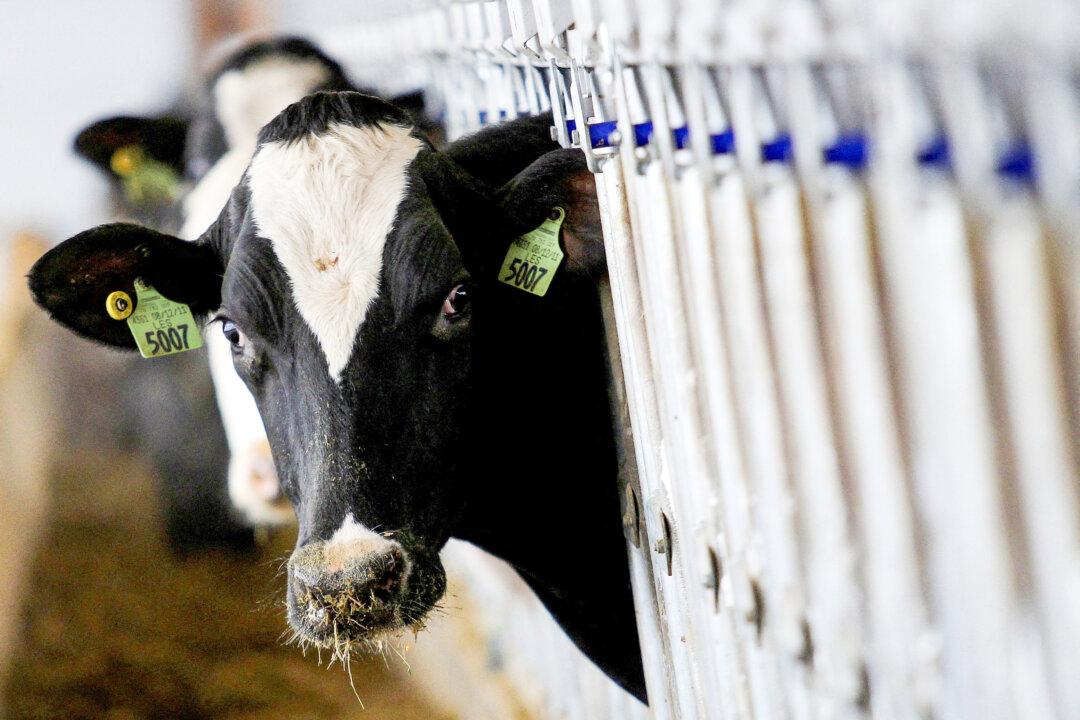With talk of “betraying our friendship” all being done in the very polite way that exemplifies both countries, Canada and New Zealand are in the midst of a historic trade war over dairy products.
In September 2023, New Zealand won a trade dispute under the Comprehensive and Progressive Agreement for Trans-Pacific Partnership (CPTPP), which found Canada was in breach for blocking dairy imports and gave it until May this year to fix things.





